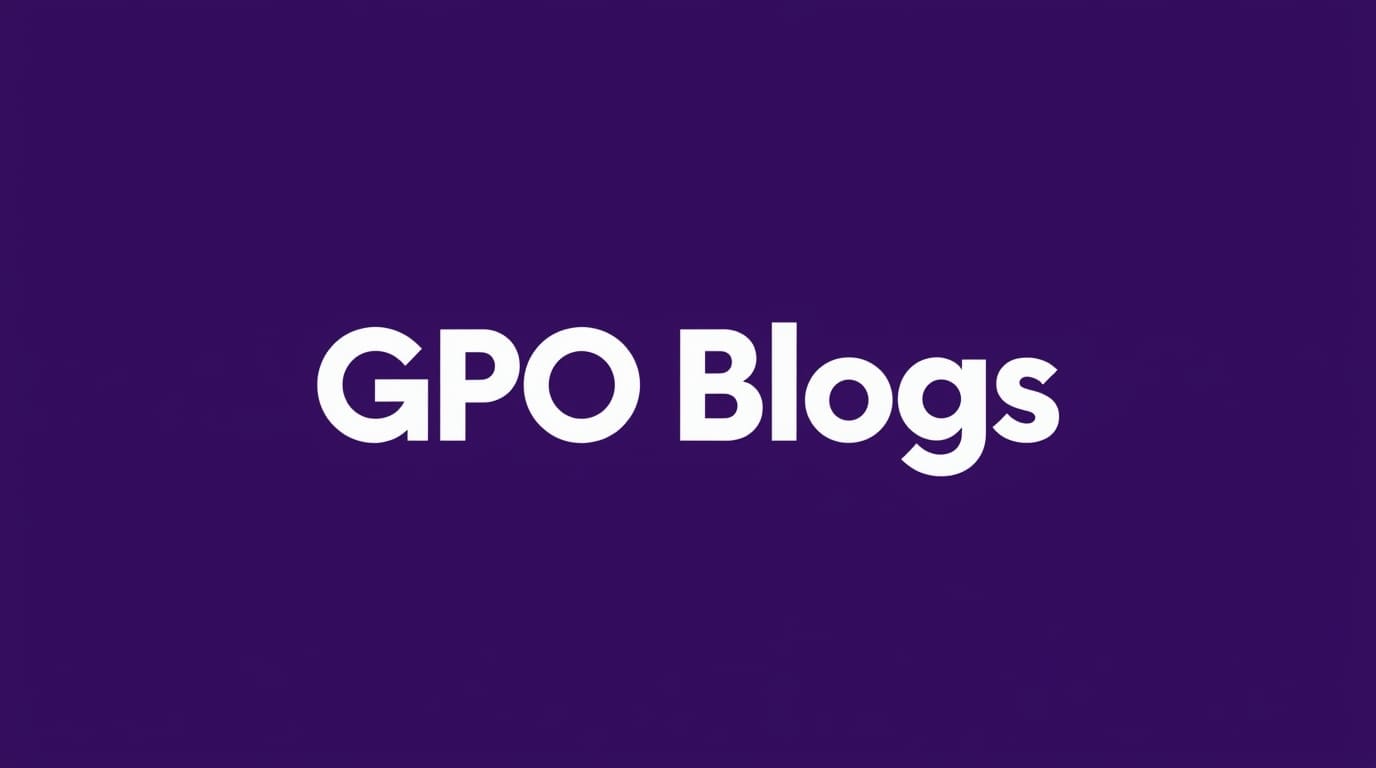Avoiding Common Guest Posting Mistakes That Hurt Your Credibility

Guest posting can significantly boost your authority and reach, but certain common mistakes can undermine your credibility and damage your professional reputation. Many writers focus solely on getting published without considering how their approach affects their long-term credibility. Understanding and avoiding these pitfalls is essential for building sustainable guest posting success.
One of the most damaging mistakes is submitting generic content that clearly wasn't written specifically for the publication. Publishing identical content across multiple sites with only minor tweaks destroys your credibility with both readers and editors. When readers discover your "exclusive" post appeared elsewhere with slight variations, they question your authenticity and expertise. Instead, create content specifically tailored to each publication's audience, referencing their previous content and addressing their readers' specific pain points.
Another critical error is focusing solely on link placement rather than content quality. Writers who prioritize anchor text and link quantity over genuine value creation quickly develop reputations as link spammers. This not only gets your posts rejected but can damage your credibility across the industry. Approach each guest post as if it were for your own site—would you be proud to have your name associated with this content regardless of any links included?
Poor research before pitching demonstrates a lack of professionalism that editors notice immediately. Sending pitches that ignore the publication's guidelines, misrepresent their audience, or suggest topics they've recently covered shows disrespect for the editor's time and expertise. Take the time to read at least five recent posts, understand their content structure, and identify genuine gaps your expertise could fill.
Over-promoting yourself in the author bio or content destroys credibility. An author bio filled with multiple links, aggressive sales language, and exaggerated claims reads as spammy rather than professional. Keep your bio concise, relevant, and focused on how your expertise serves the publication's audience rather than selling your services.
Ignoring editorial feedback signals that you value your own opinions more than the publication's standards. Dismissing suggestions for improvement or arguing about minor edits creates friction with editors and damages your reputation. View editorial feedback as collaboration from professionals who understand their audience better than you do.
Publishing on low-quality sites with irrelevant audiences harms your credibility through association. Being featured alongside poorly written content, excessive ads, or questionable links makes readers question your judgment and expertise. Research each publication thoroughly before pitching—would you feel comfortable having your professional reputation associated with this site?
Failing to engage after publication shows you're only interested in the backlink rather than building a relationship. Not responding to comments, sharing the post without meaningful context, or disappearing after publication marks you as transactional rather than a genuine community member.
The most damaging mistake is inconsistency in your messaging across different publications. Contradicting yourself on core principles or changing your stance dramatically between posts creates confusion and undermines your authority. Maintain consistent positions on your area of expertise while acknowledging evolving best practices.
Neglecting to update your previously published guest posts as your knowledge evolves also hurts credibility. An outdated post with incorrect information reflects poorly on your expertise. Periodically review your published guest posts and, when appropriate, suggest updates to the editor.
The most successful guest posters approach each opportunity as a chance to build their credibility rather than just gain a link. They treat every post as a representation of their professional brand, ensuring consistency, quality, and genuine value in everything they publish. By avoiding these common mistakes, you position yourself as a trusted authority rather than just another contributor, creating opportunities that extend far beyond the initial publication.
Sarah Chen is an SEO strategist and founder of ContentAuthority Labs. With 12+ years in semantic SEO and expert backlink building, she has delivered 800+ sponsored and guest-posting projects that grew durable authority and demand for 200+ businesses. Her research on contextual consolidation merging overlapping pages to concentrate topical relevance has appeared in Search Engine Journal and other SEO publications. She speaks at industry events and mentors in-house teams and emerging SEOs.